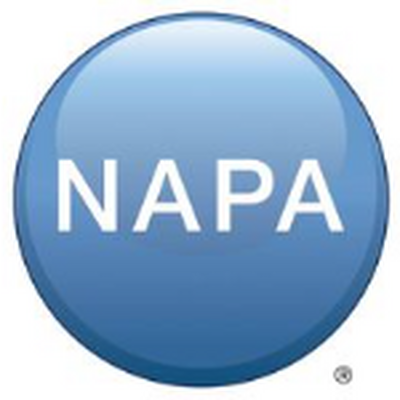Notifications
ALL BUSINESS
COMIDA
DIRECTORIES
ENTERTAINMENT
FINER THINGS
HEALTH
MARKETPLACE
MEMBER's ONLY
MONEY MATTER$
MOTIVATIONAL
NEWS & WEATHER
TECHNOLOGIA
TV NETWORKS
VIDEOS
VOTE USA 2026/2028
INVESTOR RELATIONS
COMING 2026 / 2027
ALL BUSINESS
COMIDA
DIRECTORIES
ENTERTAINMENT
FINER THINGS
HEALTH
MARKETPLACE
MEMBER's ONLY
MONEY MATTER$
MOTIVATIONAL
NEWS & WEATHER
TECHNOLOGIA
TV NETWORKS
VIDEOS
VOTE USA 2026/2028
INVESTOR RELATIONS
COMING 2026 / 2027
 NAPA Anesthesia Careers -
Apr 4 -
Health -
CRNA jobs
Anesthesia mentorship opportunities
-
215 views -
0 Comments -
0 Likes -
0 Reviews
NAPA Anesthesia Careers -
Apr 4 -
Health -
CRNA jobs
Anesthesia mentorship opportunities
-
215 views -
0 Comments -
0 Likes -
0 Reviews

The industry is growing, providing plenty of career opportunities for certified registered nurse anesthetists (CRNAs). These professionals come with high skills that are the essential element of surgical teams providing safety and comfort to the patient in the process of medical treatment. CRNA jobs are steadily on the rise, driven by the increasing demand for anesthesia professionals, the opportunities to make competitive salaries, and career advancement.
So, why are CRNA jobs so in demand?
A significant factor contributing to the increase in CRNA positions is the continuing shortage of healthcare providers, especially in anesthesia care. The high demand for CRNAs is fueled in large part by many hospitals and surgical centers trying to care for aging populations and the growing number of outpatient procedures. In addition, CRNAs are often the only anesthesia practitioners in rural areas where anesthesiologists may be unavailable, creating additional job markets in remote settings.
The shift in government policies and the greater emphasis on economic healthcare solutions have also increased the demand for CRNA jobs. CRNAs provide high-quality anesthesia care at a lower cost than anesthesiologists, which allows them to be a valuable asset in hospitals, private practices, and outpatient clinics. CRNAs have achieved full practice authority in many states, where they can practice independently, without the oversight of a physician, improving their job opportunities.
The flexibility of a career and financial perks
There are many strong financial benefits of working CRNA jobs. They are some of the highest paid of the advanced practice nurses, drawing salaries often over six figures. Another major advantage is that CRNAs have the flexibility of working in so many different environments, such as hospitals, surgical facilities, pain management centers, dental offices, and even military medical facilities.
Additionally, many CRNAs also seek out per diem/locum tenens positions, allowing themselves substantial control over their schedules while keeping competitive rates. It also appeals to professionals looking for a balance between work and life without sacrificing salaries and career development.
Training and pitching success
The journey to becoming a CRNA involves extensive education and clinical training. Candidates begin with a Bachelor of Science in Nursing (BSN), hone similar skills in a critical care experience, and ultimately complete a DNP or DNAP program. CRNAs can start practicing in multiple healthcare amenities after clearing the National Certification Exam(NCE).
The CRNA field is also abundant with career advancement. After this, many seasoned practitioners transition to leadership, teaching, or research positions where they guide the future of anesthesia practice. Some open their anesthesia practices, which increases their opportunities even more.
CRNA roles offer a rewarding career path in anesthesia care, with significant job security, high compensation, and increasing autonomy.
Lewis Robe is the author of this article. For more details about Anesthesia mentorship opportunities please visit our website: careers.napaanesthesia.com
